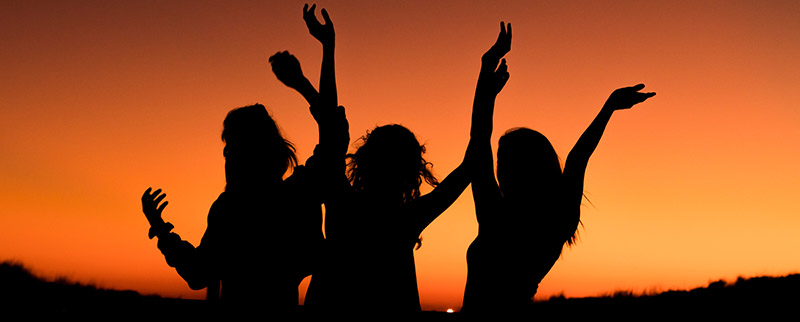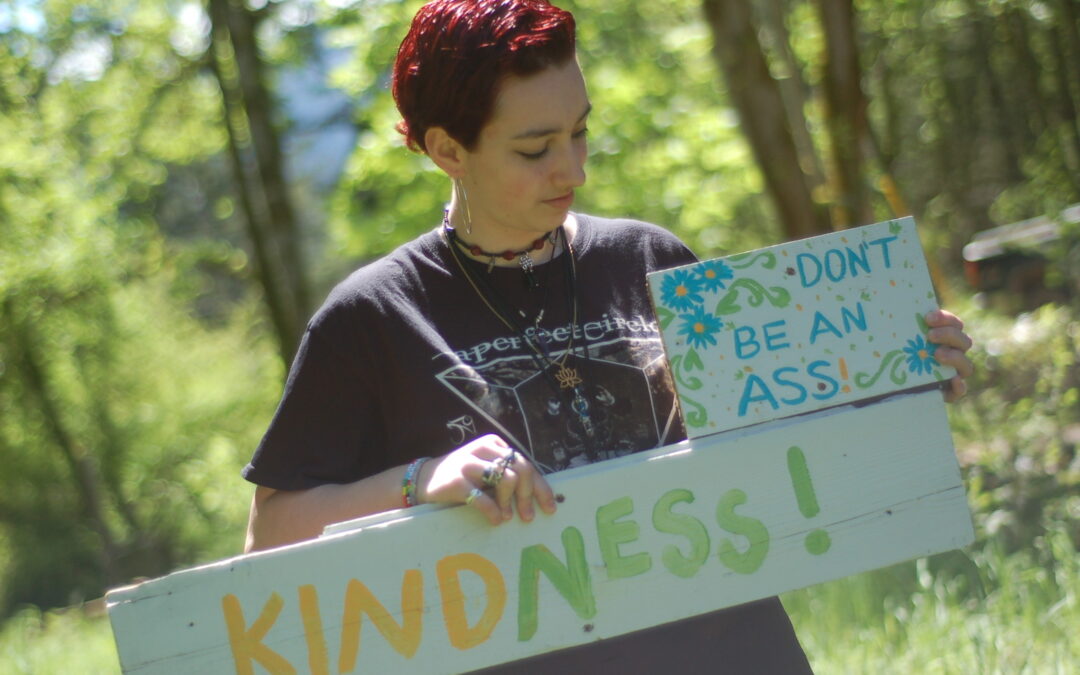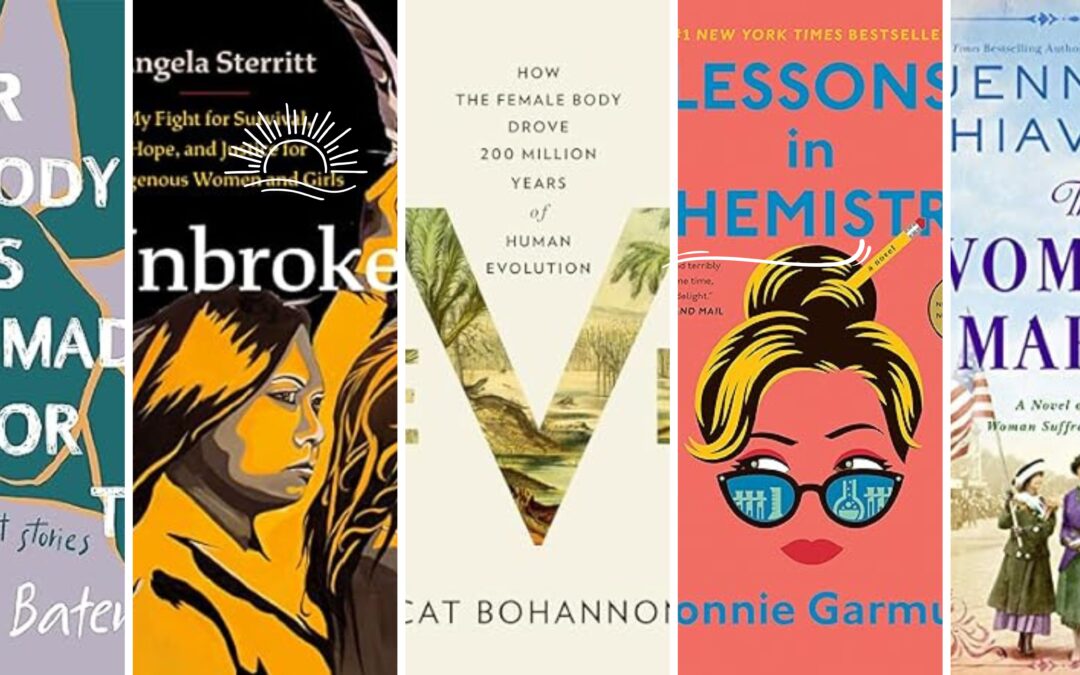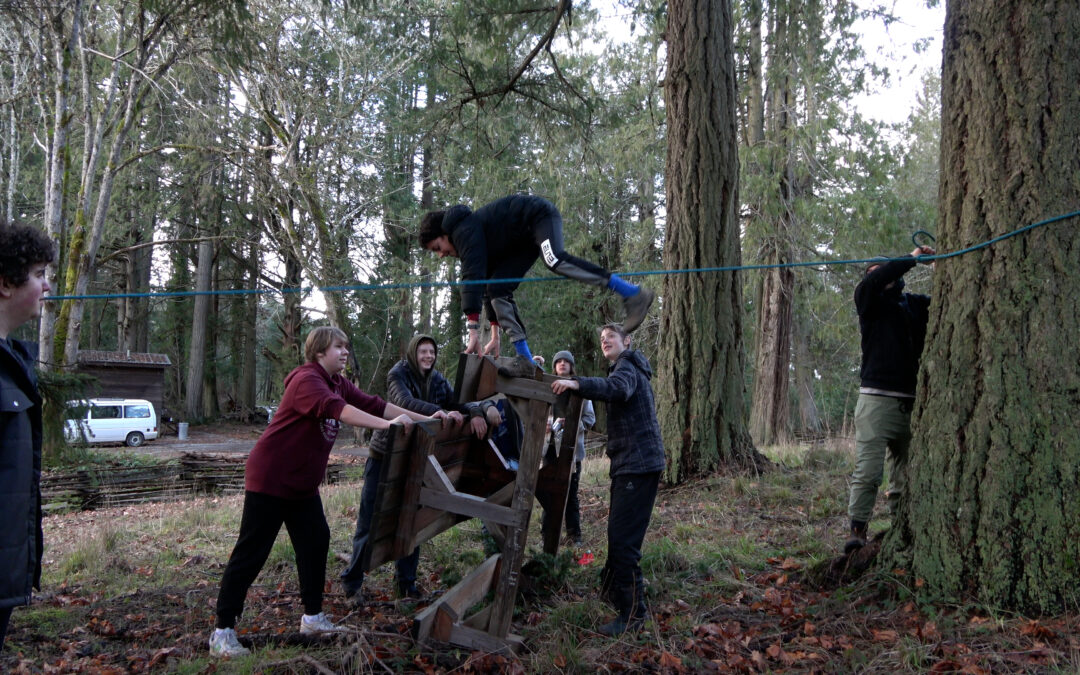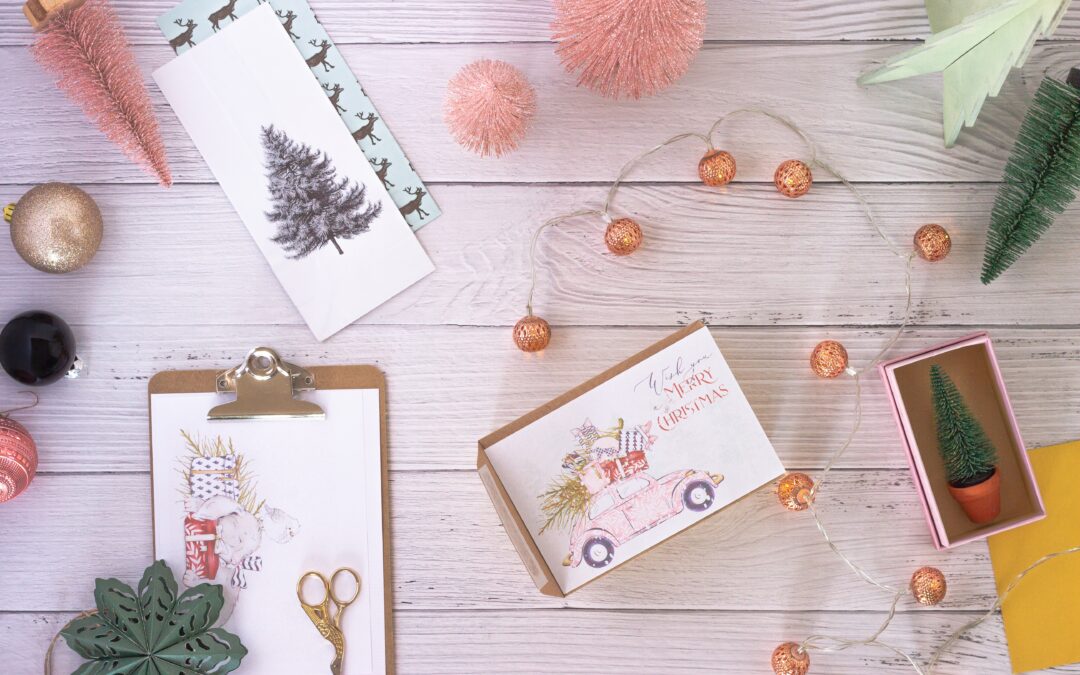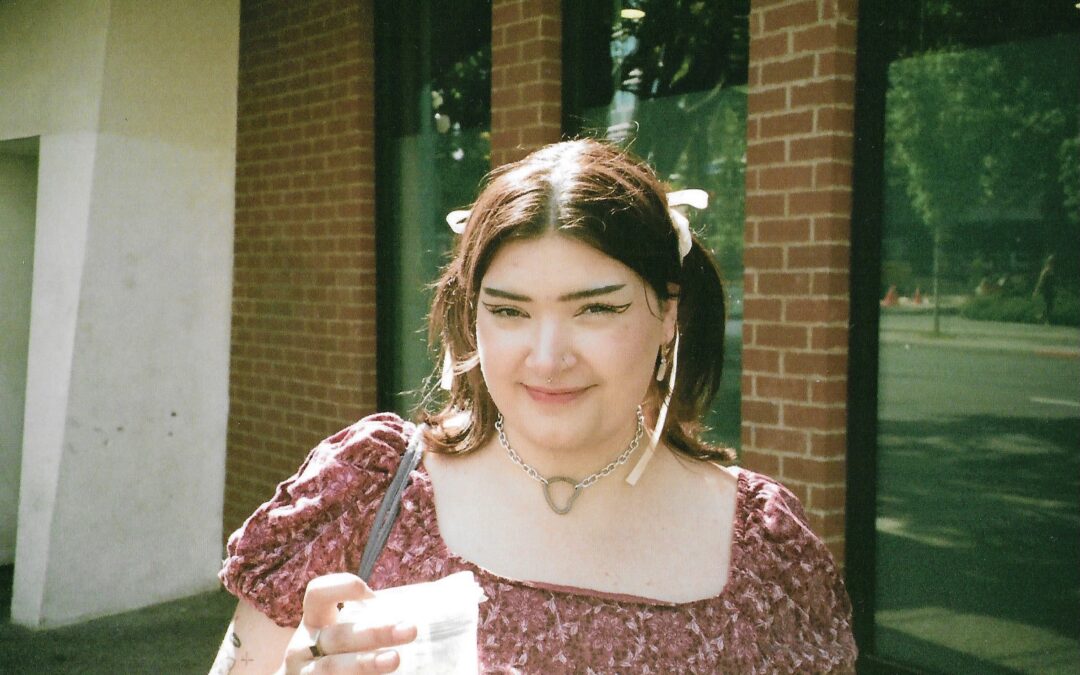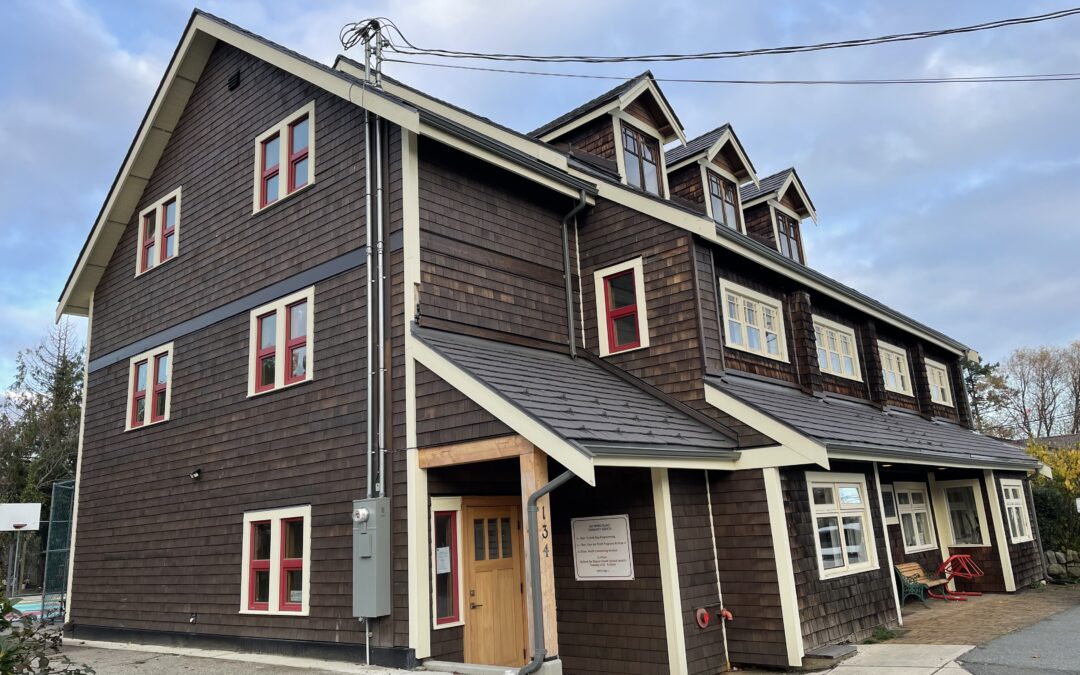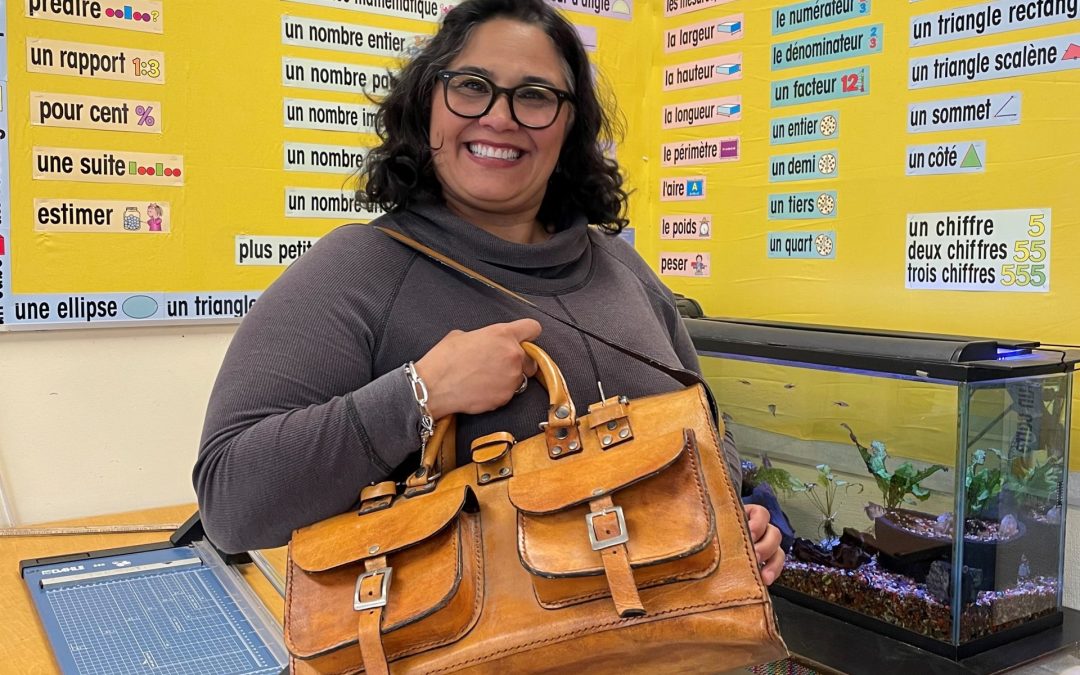I find that definitions can be limiting and problematic, and I’d like to see if I can encourage you to think for yourselves about what this word, or movement, or ideology might mean to you. Instead I’ll start by providing a few different definitions I’ve come across that I like, and try to give evidence as to why I think that feminism is a topic vital of covering here.
Bell Hooks describes feminism as the movement to end sexism.
Others say it is a collective effort to dismantle patriarchy.
A common definition is the aim to strive towards political, economic, cultural and social equality for women.
I say “for women” because throughout history (at least in the Western world) feminism has largely been coined as a “women’s” fight or movement. I’ll talk mainly about the West because that is the world that many of us find ourselves situated in. I think that when we discuss any kind of social justice work, it is vital that we start with ourselves.

We have the first wave and the second wave and the third waves of feminism, and I am not going to deny that there have been pivotal moments throughout our history that have largely influenced where we are today in terms of equality. We’ve made some huge leaps. However, I am curious about the spaces between these moments – what has and still is falling through the cracks, and how each and every one of us participates in ways that allow us to be complicit in systems that work to recreate and maintain social inequality.
I have come across a lot of people that shy away from the word feminism. I believe that this word is misunderstood. For myself, feminism has never been an attack on men, but people ask all the time, why not humanism?
I’ll give you the short version of my response: many of the systems we live in here, are patriarchal. Unfortunately, gender-based discrimination is still pervasive in our culture; unequal pay for the same work, sexual harassment and abuse, sexist comments, and still the constant message that one half of our worlds’ population is worth less than their male counterparts.
We are often bombarded with media and messages about what a “feminist” is. I see a disconnection between what feminist ideologies have sought to uncover or achieve, and common perceptions or stereotypes of what feminism is or should be. The self-identified feminists I know are curious about social inequality. I have witnessed many, across any gender category, who do “feminist work” that have often been silenced in sometimes disturbing ways, because to question the systems and social norms we exist within means questioning the ways in which we ourselves perpetuate them.
What I have come to learn about feminist theory is that many feminist academics don’t believe in an end goal of perfect equality for all. They seek to find ways in which to address how or why we live in a socially unjust world, and provide insight into ways that we might seek to do better. Let’s take an oversimplified example and contrast a child living in the Western world, say Canada, who never goes without, and is surrounded by TV screens with a child living in Sub-Saharan Africa, who has a plastic bottle to play with. How do we compare their happiness? I think that many feminists I know would agree that “equality” across the board is not necessarily going to be the answer. Better quality of life is going to look different across different contexts. One of the things that I admire about feminism is that it tends to cherish complexity.
The Salish Sea Girls’ Leadership Project seeks to develop leadership skills in young women. This work has provided me with a window into the ramifications of living in what I call, a wounded world. It has forced me to look at myself, and listen to how my peers suffer from the same fears that I did and still do – feelings of inadequacy, barriers keeping them from stating how they truly feel, loving whom they truly want to love, striving for what they truly want, and caring for their bodies amidst the pressures of an unattainable ideal of beauty. Despite having been handed immense amounts privilege, too many of us are hurting. In the Girl’s Leadership project, I have been witness to the power of what I call feminism. We speak honestly, curiously, and approach conversations with open minds and hearts.
What really hurts is that we live in a world where men and women are expected to BE certain ways. A world where men are dominant and women subordinate and anyone in between doesn’t even fit inside the frame — a world without a Salish Sea Boys’ Leadership Project. I grieve for that world, and I’m sad for men. In the past, feminism has targeted and been exclusive and sometimes it has had good reason to be. It’s 2015 and we live and exist in this world together. No one benefits from oppression. No one benefits from a world where men are told not to care and not to cry and women are told be quiet and comply. What I see is feminism bringing light to the tangled mess that we’ve made of our society.
I don’t think that it is the word Feminism that scares us, or even it’s connotations. What scares us is the the potential that if we could be honest with ourselves and the way things are going in our world, we’d see that they are pretty messed up. That would call into question a lot of truths we (often somewhat unconsciously) hold about others and ourselves. I am a woman. I am cisgenderd. I am white. But what do those categories do for me? Why am I allowed to participate in spaces where I can be emotional, open and honest with my heart? What are the kinds of barriers I may or may not face as I move through the world as a result of both my privileges and oppressions? I think there is value in asking questions about the way the world works, and noticing how that directly impacts who we are. Only then can we forge a path towards the kind of world we want to live in. Feminism has allowed me to find agency in awareness, both open-mindedness and critique, and curiosity.
I wish I could somehow make feminism more accessible, because I think that the world could be a better, more socially just, place if we were all a little bit more curious, and a little bit more honest. I think the best place to start is with ourselves. So I boldly encourage you to ask more questions and to be more honest, whatever that looks like for you – also, unabashedly, to promote feminism.
Elise Pearson, Outreach Coordinator for the Salish Sea Girl’s Leadership project
SWOVA Empowering Youth for a Better Tomorrow

